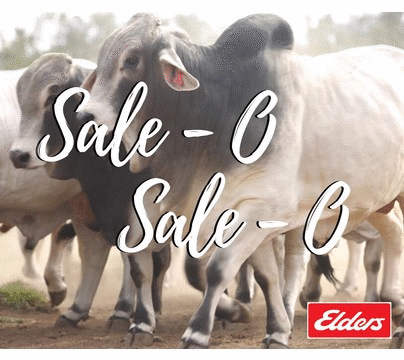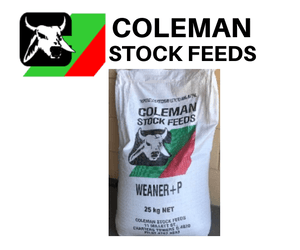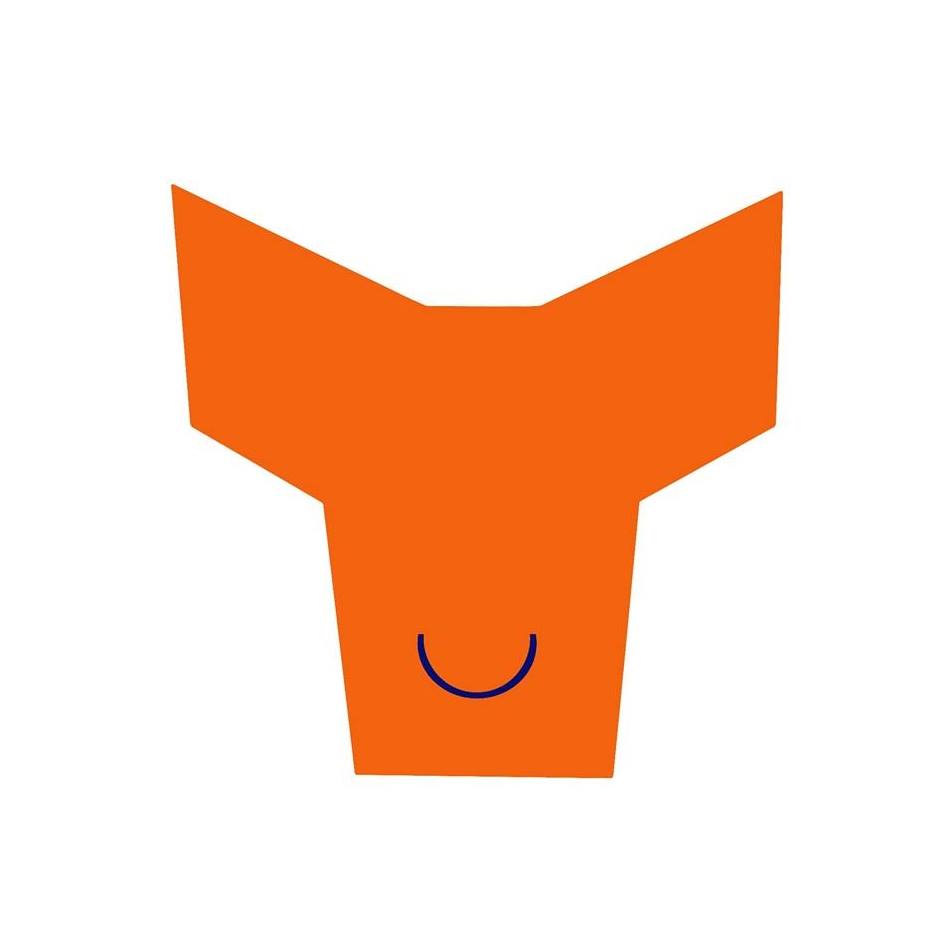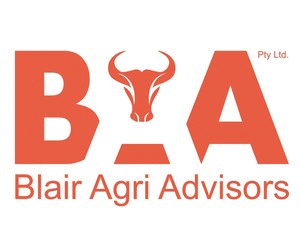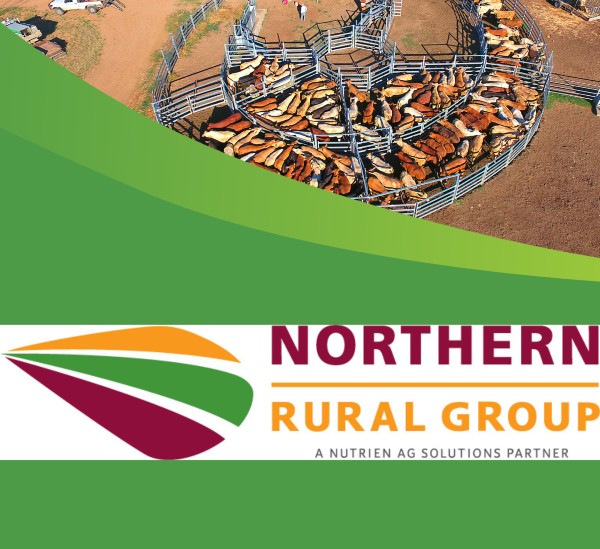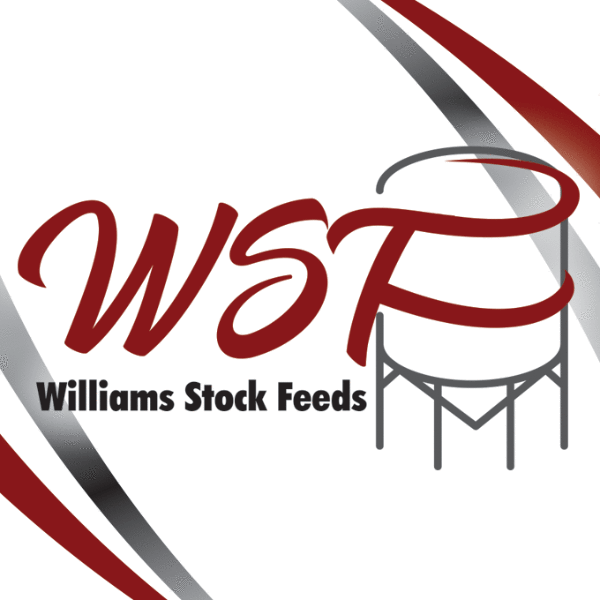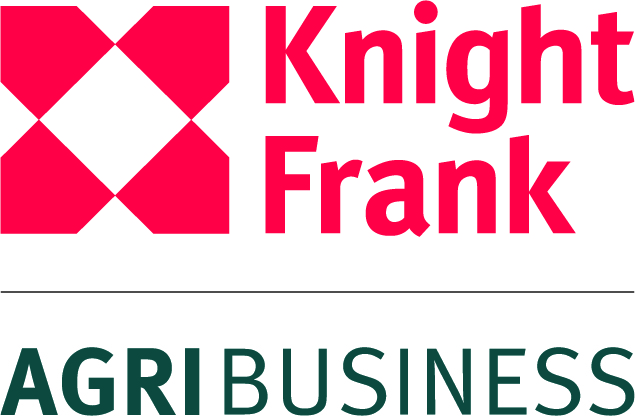Chinese group to bid for two Australian cattle properties
A$1 billion (US$720 million) and would make the conglomerate the biggest owner of farmland in the country.
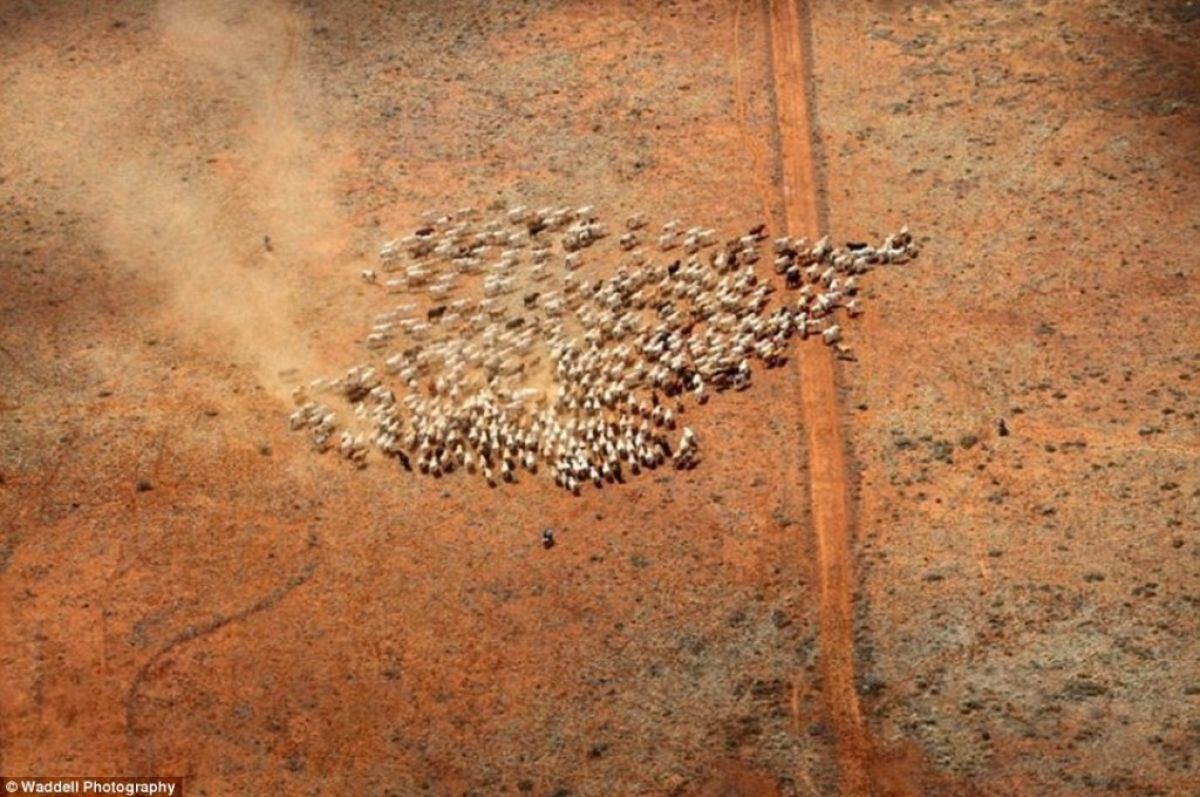
China's PengXin Group is bidding for two huge Australian cattle properties which together could cost more than A$1 billion (US$720 million) and would make the conglomerate the biggest owner of farmland in the country, a newspaper reported on Friday.
Shanghai-based PengXin is separately bidding for Consolidated Pastoral Company and S.Kidman & Co, Australia's biggest landowner, the Australian Financial Review said, citing unnamed sources.
The move underscores the importance of agriculture to China's government.
Agriculture is the No. 1 policy document released by the Central Committee of China's Communist Party and the State Council, the government's cabinet, last February. It has occupied that spot for the last 12 years, with food security pencilled in as Beijing's leading priority.
PengXin would use Consolidated Pastoral Co's cattle stations in northern and Western Australia to supply beef to Asia, while it would use South Australia's Kidman & Co to supply meat to the Australian market, the Australian newspaper said.
If its bids are successful, it would acquire a total 555,000 head of cattle, nearly as much as Australia's biggest beef producer Australian Agricultural Company owns, while its land holdings would be much larger than AACo's. PengXin became New Zealand's third largest dairy player through a similar acquisition strategy it began three years ago, the paper said.
China has become a leading agricultural importer of grains, oilseeds and cotton, surpassing Japan, Mexico and Canada to become the leading export market for US agricultural products, a report by the US Agriculture Department's Economic Research Service (ERS) said.
Two years ago, a poor wheat crop in China's northern regions forced the country to import from 7 to 10 million tonnes of grain, briefly eclipsing the total wheat imports by Egypt, the world's top importer of wheat.
Around that time, a cadmium contamination of rice farms in the main growing regions of southern China prompted the government to import an estimated 5 million tonnes of rice from Thailand and Vietnam, the top rice exporters in the world.
"China's agricultural imports reflect its relative scarcity of land resources, and its most prominent imports are oilseeds, oils, and cotton," a report by Fred Gale, James Hansen, and Michael Jewison of the USDA's ERS said.
The report added that agriculture experts have long "anticipated that market forces would induce China to import grains and other land-intensive crops, but Chinese officials (motivated by food security and other concerns) have long resisted these forces and sought to maintain self-sufficiency. However, officials are now adjusting their strategies to accommodate their country's growing reliance on agricultural imports."
The leading agricultural import of China is soybeans, used mainly for animal feed. Imports are seen hitting well over 70 million tonnes in 2015/16.
"While demand for animal feeds is an important factor in China's agricultural import growth, imports of meat and dairy products have also surged as rising costs of feed and forage, as well as other constraints, limit the growth of domestic livestock output," the report pointed out.
THIS IS THERE SITE THE SOUTH CHINA MORNING POST
